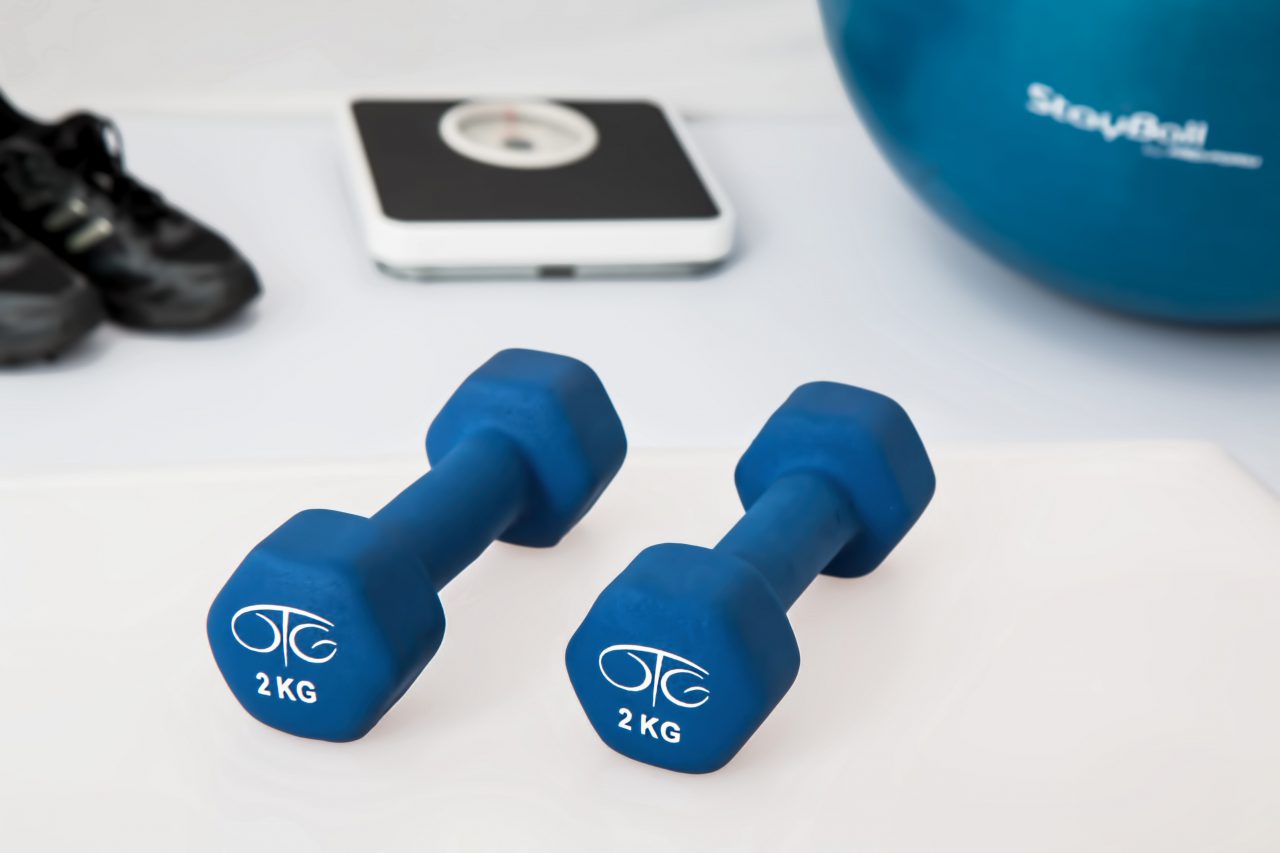
“I Count Calories, But I Can’t Lose Weight!”
I have heard this a lot, have seen this a lot, and a lot of “fit fluencers” use this statement to downplay the benefits of calorie counting and push their BS product that the only thing it will do, is make you lose… money!
Calorie counting is an extremely beneficial method if you are planning on losing weight, maintain your current shape or if you are adding muscle. Yes, adding muscle.
Why do you need to track calories while adding muscle?
Don’t you have to eat big to get big? Well…. if you go too far in a surplus you will end up building more fat than muscle. Then you’ll end up sloppy and your fat loss phase will be a nightmare (talking from experience). Therefore, it is important to also be mindful of your calories while on a mass gaining phase, but this is a topic for another day.
If calorie counting is so great, why are there so many people that cannot seem to reach their goals with this method?
Is it their hormones? Is it their thyroid? Maybe, it depends. Even though I believe tracking calories is one of the most accurate methods to reach your fitness goals, there is a big problem with this. A lot of people do it wrong.
What do I mean people do not track calories properly?
How hard can this be?
A lot of people count just what they eat, they do not track what they drink (yes, your Starbucks caffe mocha is about 260 calories) and this also adds up. Some people do not track the little bites here and there while they are cooking or their kids’ leftovers. Oils are not tracked, and this is huge because even though olive oil is beneficial to our health, it is very dense in calories. So adding a ton of olive oil will just skyrocket the calories of your meal.
In addition, one major problem that happens when tracking calories, is that labels lie!
Yes, they do. A lot of companies do this to sell their products and most labels are an estimate, as crazy as it sounds. Companies are allowed to be off by up to 30% on their labels, crazy!
Also, it is important that when you are reading a label, you read it carefully, why? Because companies tend to manipulate numbers trying to sell you “low calorie” content, while it is very dense in calories.
What do I mean? Next time you go to the supermarket, check the labels, and see that some packages may weight 300gr and the labels just show you the calorie content for 15gr out of those 300gr. A lot of people fall into this trap thinking that they are consuming 20 calories for the entire package and in reality, they are consuming 400. Yikes, that’s 380 that you did not expect!!!!
What companies also do, is put a giant sticker in the front of the product telling you 50 CALORIES!!! And you being naïve and again, not reading the fine prints, you end up packing way more than 50 calories.
If you are calorie counting you have to be diligent with how you track!
You have to add everything you eat or drink. Track oils and learn how to read labels even though it is a pain in the a$$ at the beginning. The more you do it, the better you become at it. And, at some point (if you stick for long enough), you will know the calorie count of the foods you eat, without even looking.
So, how can you minimize your margin of error while you are starting calorie counting?
There are some strategies.
- Be diligent and do your best to read labels properly.
- Consume 20% less of your total caloric intake, that 15-20% will allow you to have some room for miscalculation. If you are supposed to consume 2000 calories, then go for 1700-1800 calories.
- Monitor your weight, the best way to be accurate about your weight is to measure every day and do an average for the week, this will allow you to see if the calories you are counting, are actually where they are supposed to be. Let’s say your goal is to lose weight, if you are losing more than 1% body weight a week, then it is too much of a deficit, add more calories. If you are losing about 1% of your body weight, then you are on the right track and if you are gaining weight, then of course you know you have to cut calories.
- Be patient, before you make any changes, wait a minimum of two weeks, sometimes it takes the body some time to get used to the change.
Do not fall into the FAD traps, you are better than that. If you would like more tips or would like to remove the guess work and work with me, just email me at [email protected] or add me on Instagram @vangaless and DM me.
Until next time, nos vemos!
Alejandro.



